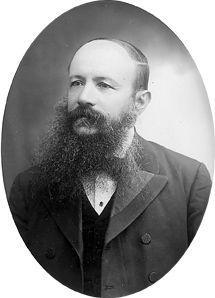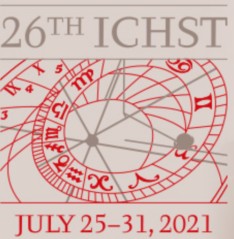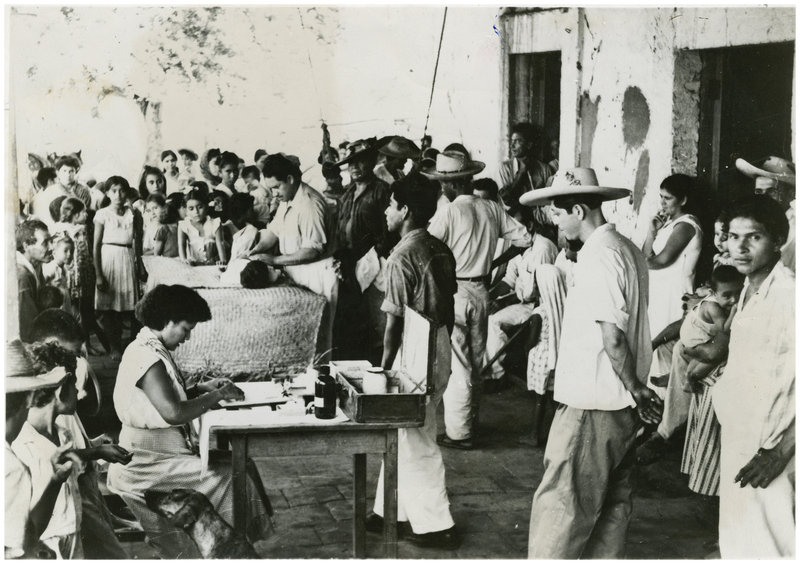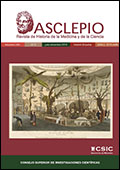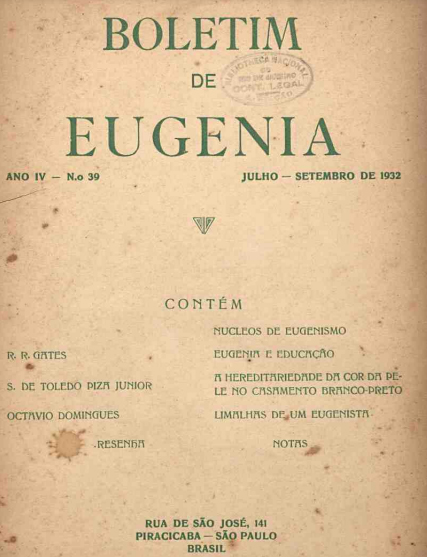Mayo 2023

Source: Celia García Díaz (Universidad de Málaga),”¿Locas y/o sujetas? Historia(s) de la sala 20 del Manicomio Provincial de Málaga (1909-1950)“.
The approach of women’s asylum clinical records as sources for research allows us to delve into the gap opened between efforts to legitimize this knowledge during the first half of the 20th century in Spain, and the subjective experience of interned “mad-women”. Diagnostic classifications were key in this process of objectification, trying to regulate forms, attitudes, political positions, and clothing inside the institutions.
The aims of the article Classifying the women: psychiatric diagnoses and female subjectivity in the Manicomio Provincial de Málaga, Spain, 1909-1950 (Hist. cienc. saude-Manguinhos 30, 2022) are to highlight the subjective elements for diagnoses such as schizophrenia, psychopathy and oligophrenia in the women’s ward of the Malaga Provincial Psychiatric Hospital during the first half of the 20th century, what role played the context at a time of drastic political changes in Spain and how the hegemonic ideal of femininity established a permeable boundary between sanity and insanity of women.
Professors of History of Science at Málaga University (Spain) Celia García-Díaz and Isabel Jiménez-Lucena tried to answer these questions based on a quantitative and qualitative analysis of 811 medical records of women interned in this institution between 1909 and 1950 using a framework made up of gender theories, social history, and constructivism. The researchers used tools like critical analysis of discourse for letters and material found in historical and clinical sources in order to look for the experiences of women during their placement.
This article highlights the main role of gendered ideas in the use and abuse of women’s diagnostics at this institution. The authors point out, on one hand, how important was the social and political context, the ideal of women, and the instrumentalization of female madness in order to control dissident femininities; on the other hand, the capacity of resistance of many women even though the oppressive environment of the psychiatric institution.
Psychiatric discourses and practices were closely related to the Spanish socio-political context of the first half of the 20th century, which can be observed in the stories collected from the patients during the Civil War and the first Francoism, in which an alleged “psychiatric science” served the regime to identify and segregate women defenders of the Republic, with the idea to establish a model of femininity akin to the totalitarian ideology of the National Catholicism, classifying as “crazy” women who did not respond to that model. During the first Francoism, the ideology of National Catholicism about women led to the labeling of dissident women, either for the transgressive dress that they related to aberrant sexuality, as well for their ideology, as oligophrenics, psychopathic, and schizophrenics.
On the other hand, as recorded in the clinical accounts, women developed resistance strategies within the narrow range available to them, being active agents in the development of the asylum. The claim of agency of women and the difficulties in obtaining it are evidenced in the notes of the psychiatrists, but especially in letters written by patients who sometimes were not sent to their recipients. The speeches of the women were not heard or considered true, with priority given to the speeches of families and institutions. However, that intention of censorship and denial of agency by part of the psychiatric device has enabled the preservation of historical archive documentation that has allowed access to essential sources showing resistance.
García-Díaz, C., & Jiménez-Lucena, I.. (2023). Clasificando mujeres: diagnósticos psiquiátricos y subjetividad femenina en el Manicomio Provincial de Málaga, España, 1909-1950. História, Ciências, Saúde-manguinhos, 30, e2023003. https://doi.org/10.1590/S0104-59702023000100003
Related articles in HCS-Manguinhos:
Las locuras puerperales en Argentina y Colombia, 1880-1950 “Difícil es pensar este trastorno sin la histeria como discurso dominante,” dicen los autores Emilio Vaschetto y Jairo Gutiérrez.
The treatment of madness: discourses about curability in Spain This article studies the discourses about curability constructed by Spanish mental health practitioners between 1890 and 1917.





